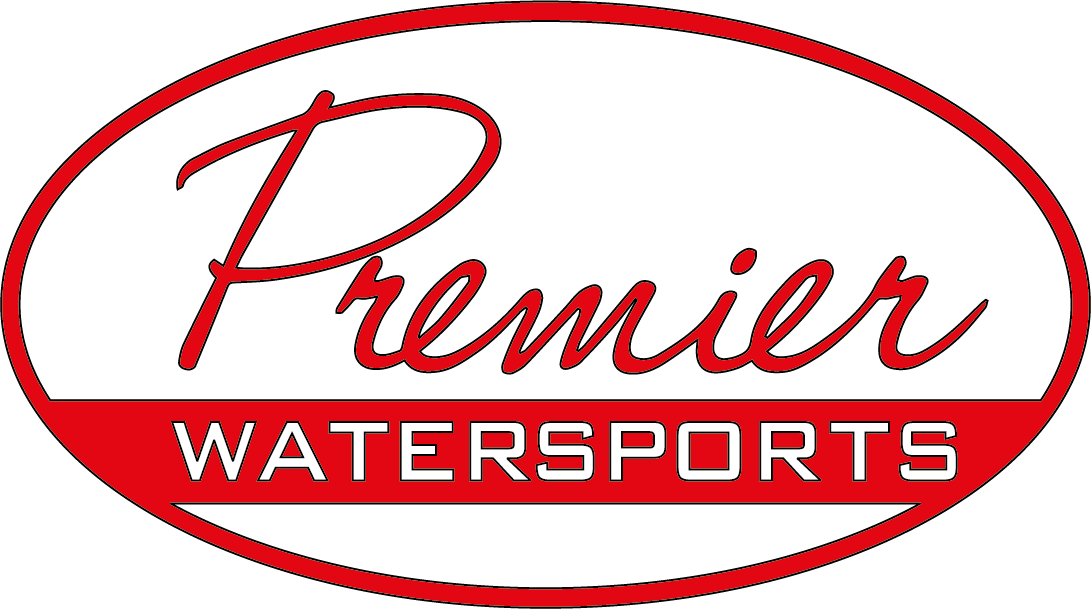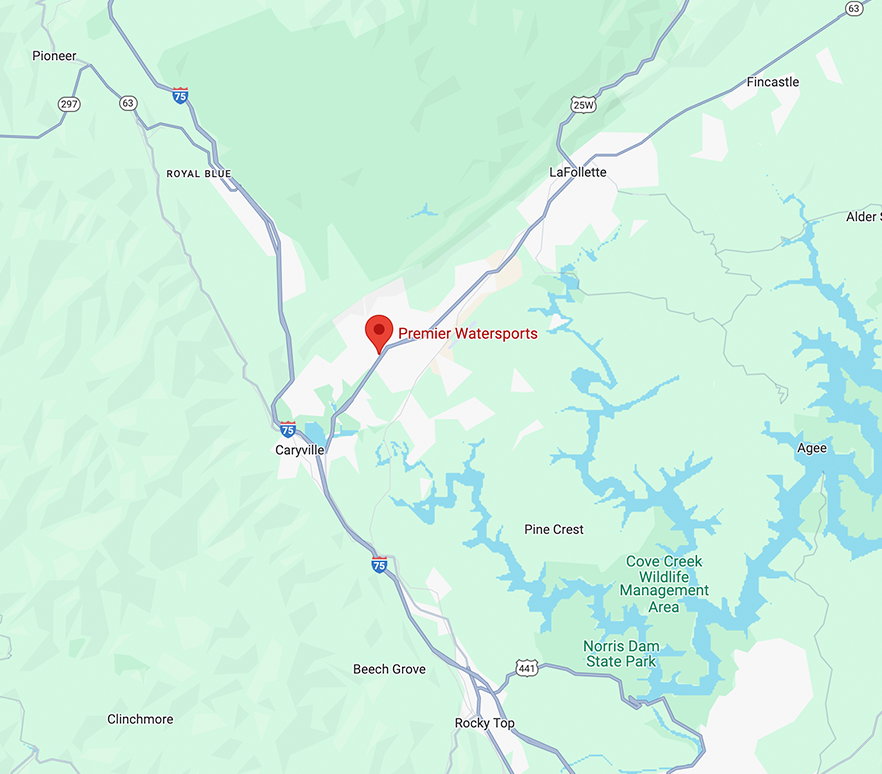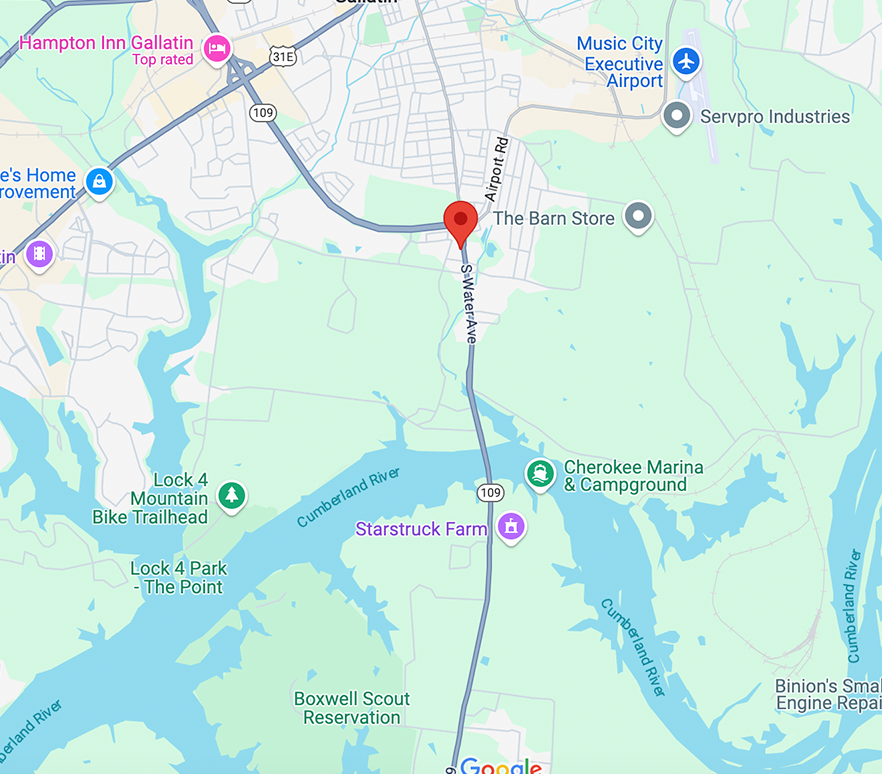Introduction:
Just like everything else in the world ages, so do boat engines. And one of the essential deciding factors while buying or selling a boat is the number of hours on it.
So how do you define /”too many hours/” on a boat?
In this blog post, we will cover:
- How to check the hours on the boat?
- How many hours are too many when buying a used boat?
- What other factors to consider when buying a used boat?
How to Check the Hours on the Boat?
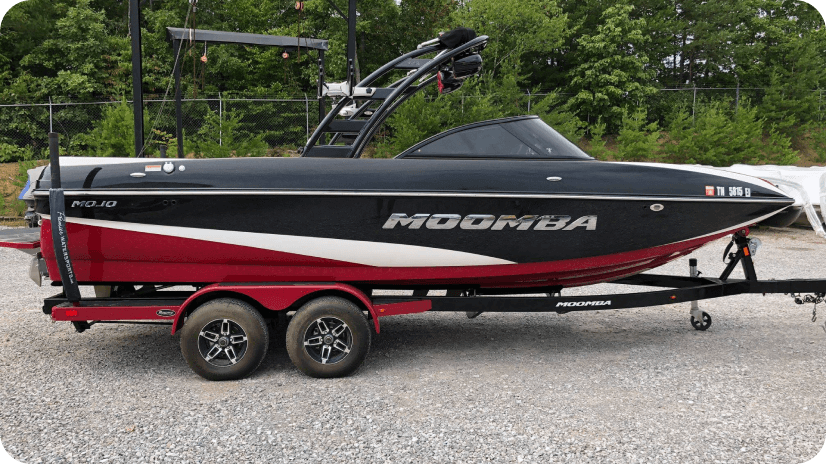
You may come across some second-hand boat sellers who say they cannot find or remember the number of hours on their boat. However, do not buy that excuse because regardless of whether an engine was manufactured five years ago or ten years ago, you should be able to find the engine hours.
So, how do you find the engine hours?
For older engines, the hour meter can often be found on the engine itself. It is usually located near the flywheel in an accessible engine area. Newer engines manufactured within the last 20 years should feature digital hour meters, which are usually integrated into the engine control units.
The boats with manual meters might not be too accurate, and it is recommended to allow a margin of error to sit between 50 to 100 hours from what is indicated in the meter. For digital meters, you won’t have to worry about any error margin.
You may also ask the owner for a log book detailing the time and date of engine maintenance, as it will give you a fairly accurate measure of how many hours have been spent on the boat. Besides, you may always ask the boat service mechanic for a more detailed report and inform you about the engine hours.
How Many Hours are Too Many When Buying a Used Boat?

Before figuring out how many hours are too many when buying a used boat, you need to understand what it exactly means. The hours on the boat basically refer to the hours on the engine. So a boat just sitting in a dock for months will not accumulate many engine hours, while one out cruising and fishing will.
Most boat experts say that 1500 hours on a boat is considered a lot. But if you are buying a boat with more than 1500 hours, it does not automatically mean that it is not worth buying. The key thing to consider more than the engine hours is its usage and how well it has been maintained.
Fewer hours on the boat for many years implies that the owner might have left it idle for years, and even though it looks in good condition, it could mean that many parts will require maintenance or replacement.
Similarly, more hours in fewer years means that the owner has over-stressed the engine in a short time, which, of course, is not a good sign, and such a deal should be avoided.
So ideally, a boat averaging around 30 to 100 hours a year would be a great pick.
What Other Factors to Consider When Buying a Used Boat?
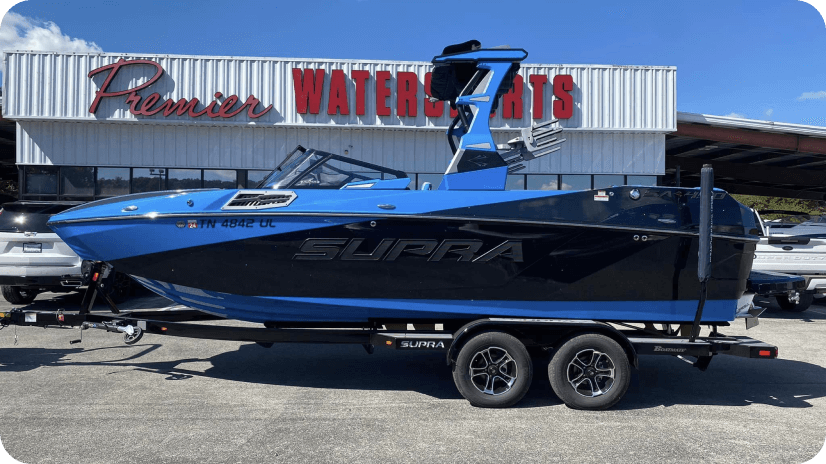
Besides engine hours, there are four key factors to consider when buying a used boat:
Maintenance:
Regular maintenance is what keeps a boat running smoothly for many years. However, you cannot simply look and determine the condition of a boat, as most maintenance is done on the inside. Therefore, it may be wise to take help from an expert and have a comprehensive inspection done.
Things like service records and receipts of recent maintenance should also be looked into to ensure it is not overused. For instance, 1000 hours in five years is too much for a boat engine.
Age:
Besides hours the actual age of a boat is not to be overlooked either. There needs to be a balance between the usage and age of a boat. For example, if a boat averages 40 hours a year and its engine shows 800 hours, it should be around 20 years old– a bit too old for most boaters considering the technologies available these days.
Use:
No boat owner will give true information about how the boat was used. However, a bit of math and some general knowledge about boats could be helpful. For instance, if the boat is designed for fishing, but its engine shows less than 500 hours in 10 years, it might not have been used as a fishing boat. It was probably abandoned for months meaning many mechanisms and systems could be damaged.
Also, where the boat was used and operated can hint at its condition. Boats mostly used in fresh waters are less prone to corrosion than those operating in salt waters.
Another important factor that can affect the number of hours a boat can reach is the type of engine used. Inboard, outboard, and jet board engines differ in performance and can last for hours without major repairs.
Boat Engines:
Another important factor that can affect the number of hours a boat can reach is the type of engine used. Typically an average gas engine will run about 1500 hours before it needs a major overhaul. That means when properly maintained on a routine basis with around 200 hours a year, it will last for more than seven years.
Diesel engines, generally fitted on boats that need power, last longer than their gasoline counterparts in terms of hours. However, a well-maintained diesel engine can last the entire lifespan of your boat.
Let/’s look at the life expectancy of different types of engines fitted on the boat.
- Inboard:
According to expert boat dealers in Knoxville, a well-maintained 2-stroke inboard engine can last up to 2000 hours. But again, it may not always be the case. Boats with inboard engines are subject to overheating, causing malfunction and breakdowns. However, proper ventilation, air circulation, and diligent servicing can help extend the life of an inboard engine to reach its maximum limit.
- Outboard:
Just like an inboard engine, Yamaha outboard engines can last up to 2000 hours. However, most of them average just 1500 hours, even with regular servicing. While ventilation is not a major concern for outboard engines, wear and tear from external elements can reduce their endurance and life expectancy, especially if used in saltwater regularly.
Fixing minor wear and tear before they develop into serious problems can increase the engine life expectancy. In addition, on-time oil and filter changes and proper boat maintenance can help you get the most hours out of your outboard engine and avoid costly repairs.
- Jetboard:
A 2 stroke jet board engine is considered the most reliable and can log 1500 to 2000 hours before any major repairs. Also, because they don/’t have many moving parts, they require fewer maintenance services and can be a great option for long-term use.
However, that does not mean they are invincible. External wear and tear, as well as improper maintenance, can reduce their life expectancy significantly. Performing routine professional checks, cleaning, and changing oil are the standard practices for any engine to make it last longer.
Buying Used Boats from Reliable Boat Dealers:
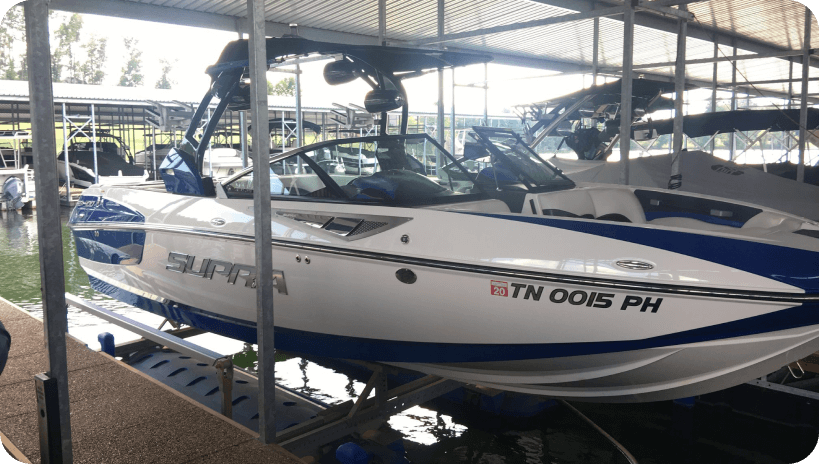
How many hours are too many on a boat is a tricky question to answer. But that does not mean you can/’t find a reliable used boat. Ensure the boat is properly inspected and maintained by an experienced marine mechanic before buying it.
Premier Watersports, the reliable boat dealer in Knoxville, TN, offers a wide range of used boats for all boaters. All of our used boats are in good condition and well-maintained. Our experienced staff can assess the engine hours, inspect the boat for any damage, and provide detailed information about its usage history before you make a purchase decision.
So, if you/’re looking to buy a used boat and want to ensure it is reliable and has a long life expectancy, contact Premier Watersports now! Our boat experts will be happy to help you find the perfect boat for your needs. Call us today to learn more about our used boats inventory and boat services.

